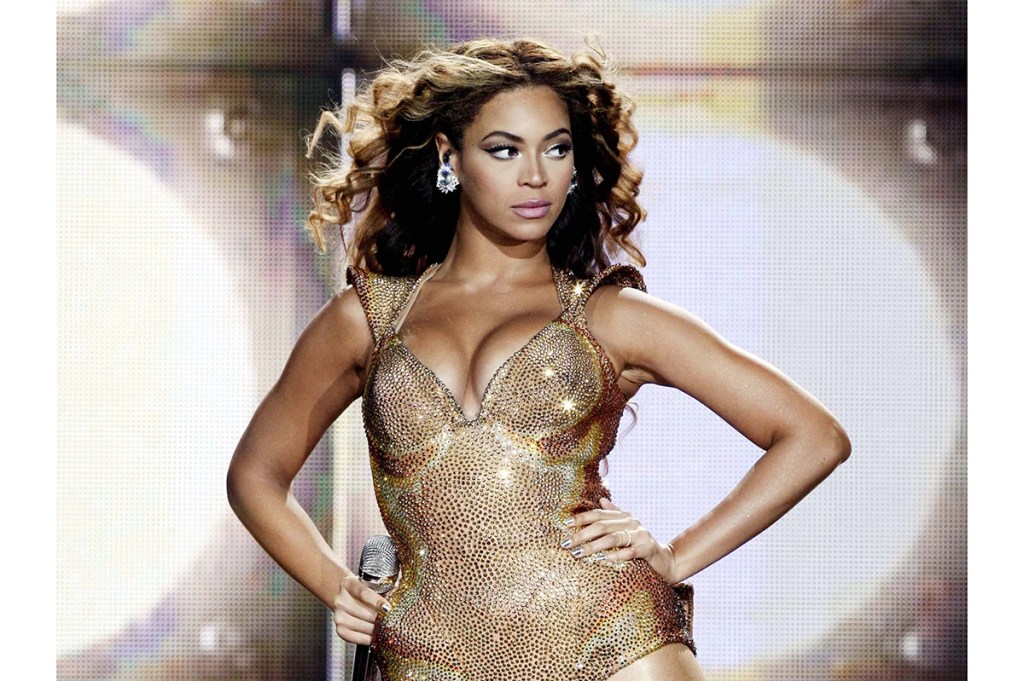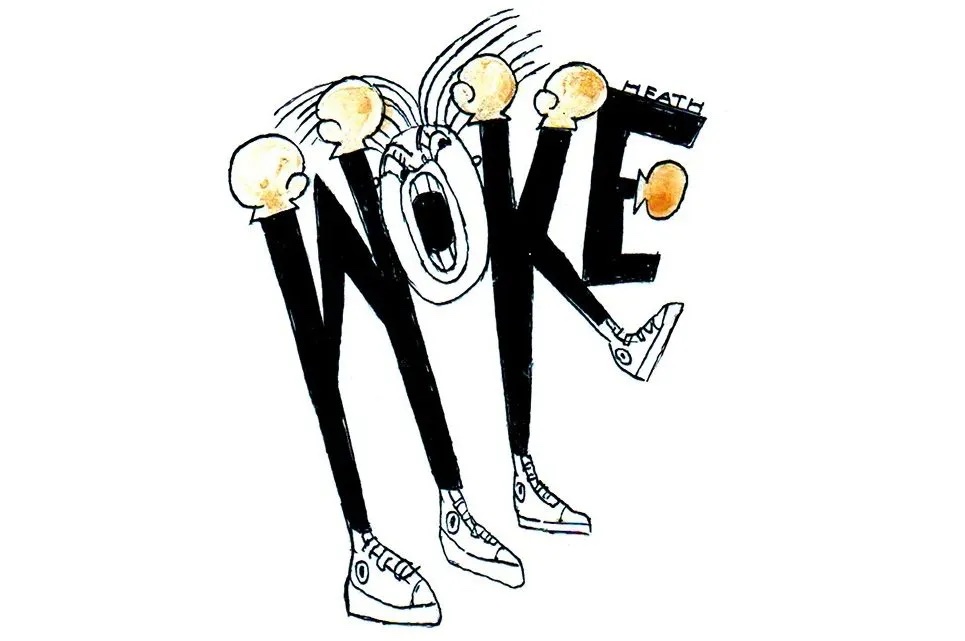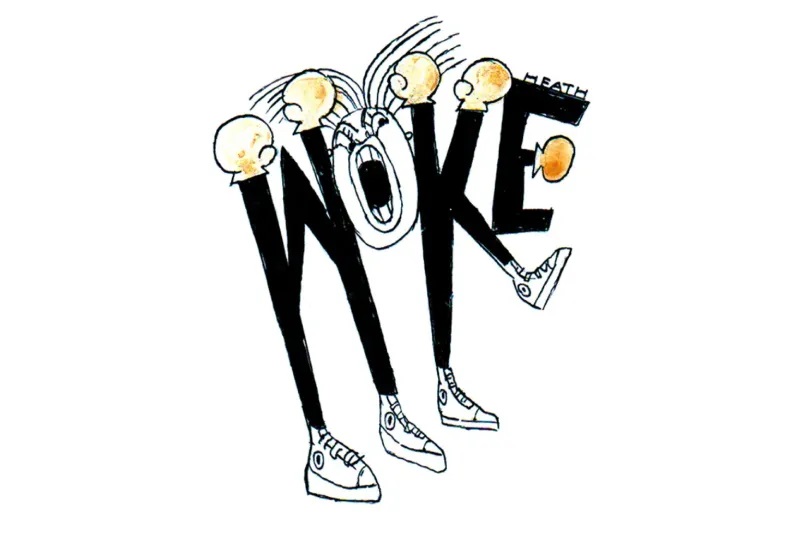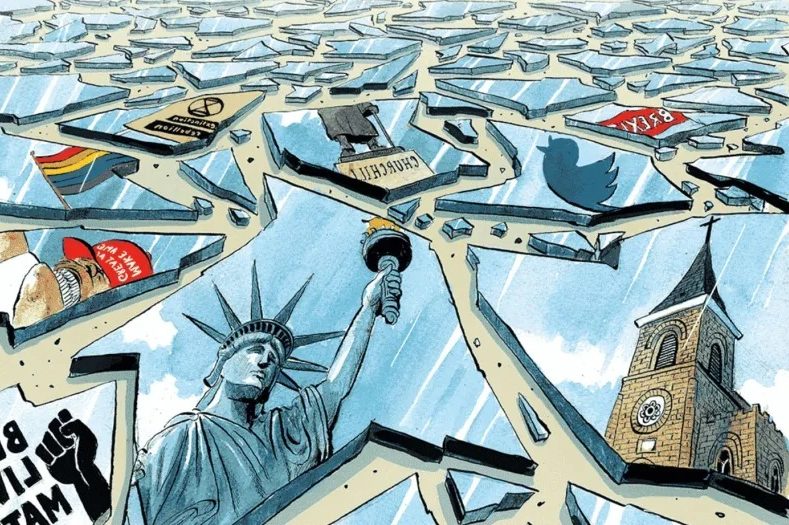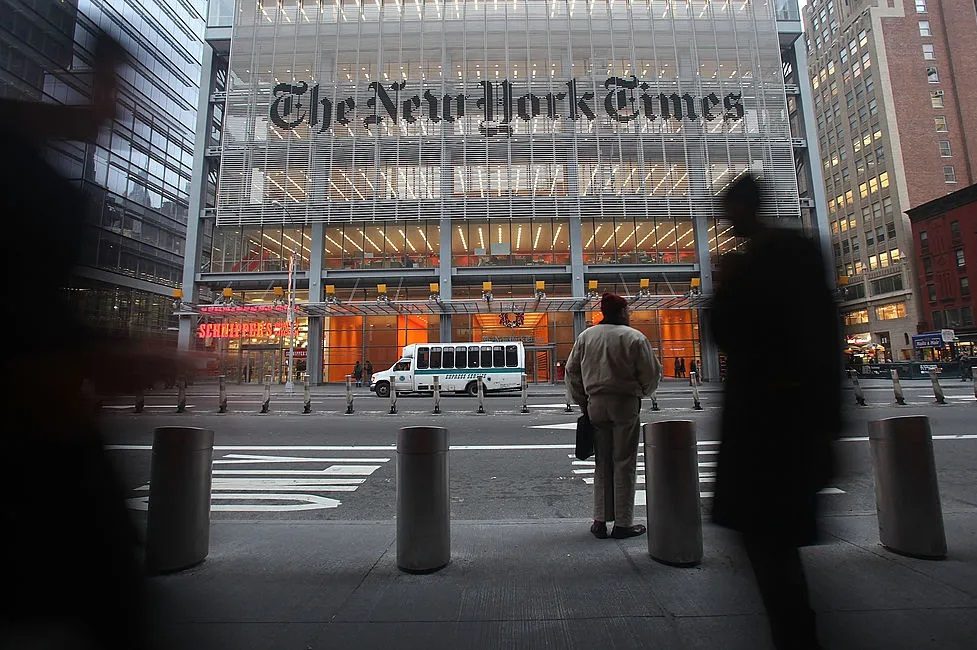Renaissance, Beyoncé’s first solo album in six years, dropped at the end of July. Critics raved about the genius of Queen Bey.
Pitchfork gave the album a 9/10, calling it “immaculate.”
The Guardian referred to it as a “breathtaking, maximalist tour de force.”
“America Has a Problem and Beyoncé Ain’t It,” the New York Times declared.
Thematically, Renaissance is courageous. It’s a departure from the pop-laced R&B songs we typically hear from Beyoncé. It leans heavily on club music; it subverts expectations. However, Beyoncé’s clear desire to make a statement means that the entire project comes across as trying way too hard. It’s an album a listener is supposed to “get” rather than enjoy.
With maybe the exception of “Break My Soul,” none of the songs have the catchiness one would expect from a dance groove. The constant beat changes feel frenetic and forced. It’s messy. The hooks don’t stick. “Look at me!” Renaissance seems to say, “I’ve got experimental beats, crazy transitions, and niche samples! Aren’t I great?”
Music reviewers pointed to the album as a breath of post-pandemic fresh air.
“When the pandemic hit, Beyoncé caught on to what her fans missed most: the unfettered joy of gathering together in the club, rolling face and sweating as a collective body,” said the Pitchfork review. Let’s put aside the casual mention of illegal street drugs for a moment. Was Beyoncé really so astute when she decided that listeners wanted something upbeat? The last I checked, Dua Lipa’s Future Nostalgia delivered that in March 2020, rolling out hit after hit throughout the lockdowns.
The lyrics on Renaissance lack subtlety. They are mostly trite, vulgar, and arrogant proclamations of how great Beyoncé is, which is ironic considering the album has more than 100 credited songwriters and 10 of the 16 songs sample someone else’s work. The album pretends to be paying tribute to black and queer club culture, but somehow, in the end, the “Queen” still deserves all the artistic adulation. Harry Styles was accused of “queer-baiting” — hinting at being queer without actually identifying as such for the purpose of gaining fans from the LGBTQ community — for his sly remarks about his sexuality. Beyoncé’s use of queer culture in Renaissance, though, is praised by music critics not as appropriation but as a “celebration.” Curious. Perhaps the left was afraid of piling on too much after Beyoncé was already forced to change one song that contained the “ableist” lyrics “spazzing out.” There’s the added convenience, as well, that anyone who dislikes the album can be accused of racism and homophobia for not appreciating the contributions of black and queer creators.
It turns out that music fans are not as thrilled with Beyoncé’s attempt at woke relevance as she is with herself. Renaissance had some of the highest sales for an album in its first week in 2022, but sales plummeted by more than 70 percent as the album headed into its second week. The album has received little national press since initial reviews. Name recognition can’t make up for a poor listening experience.
“Beyoncé’s album, Renaissance, has been a sales disaster. As of Friday, the album has sold just 475,000 copies according to Luminate and hitsdailydouble. This past [week], its third in release, sales were down a whopping 74 percent,” critic Roger Friedman writes. “Renaissance has scored just one hit single with ‘Break My Soul.’ That single now sits at number 15 on iTunes. A remix with Madonna has pooped out at number 55. Beyoncé will try a new single this week, but the ship may have sailed on this project.”
It is unlikely that an album from a pop industry powerhouse would be performing so badly unless it really did suck. The vast majority of critics will never say that, though. They either bought into the woke pandering of the album, or they are afraid of catching the wrath of the Beyhive if they dare say anything less than worshipful of their queen.



